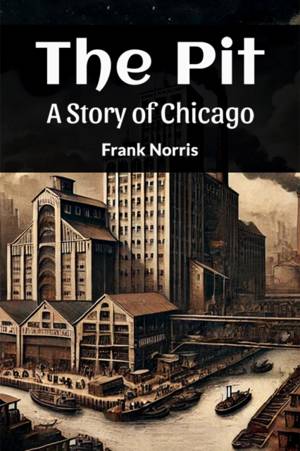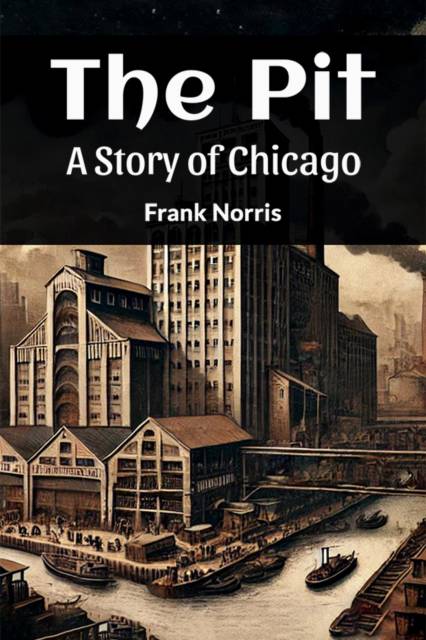
- Afhalen na 1 uur in een winkel met voorraad
- Gratis thuislevering in België vanaf € 30
- Ruim aanbod met 7 miljoen producten
- Afhalen na 1 uur in een winkel met voorraad
- Gratis thuislevering in België vanaf € 30
- Ruim aanbod met 7 miljoen producten
Zoeken
Omschrijving
The Pit: A Story of Chicago by Frank Norris explores the corrupting influence of wealth, greed, and the volatile nature of the stock market in early 20th-century America. Set against the backdrop of Chicago's bustling grain exchange, the novel examines the lives of individuals caught in the cutthroat world of commodity trading, where fortunes are won and lost in an instant. Norris highlights the themes of human ambition, the dangers of unchecked desire for power, and the moral dilemmas faced by those who pursue financial gain at any cost. The book also delves into the broader social and economic forces shaping the characters' lives, revealing how their personal choices are influenced by larger systemic issues. As the protagonist becomes increasingly entangled in the fierce competition of the grain market, the novel exposes the destructive effects of capitalism, the ruthlessness of financial speculation, and the emotional toll of a life driven by profit. The themes of moral decay, ambition, and the tension between individual desires and societal values run throughout the narrative. The Pit ultimately serves as a critique of the growing industrial capitalism of the time, illustrating the human cost of financial systems that prioritize wealth above all else.
Specificaties
Betrokkenen
- Auteur(s):
- Uitgeverij:
Inhoud
- Aantal bladzijden:
- 300
- Taal:
- Engels
Eigenschappen
- Productcode (EAN):
- 9789368099598
- Verschijningsdatum:
- 1/11/2024
- Uitvoering:
- Paperback
- Formaat:
- Trade paperback (VS)
- Afmetingen:
- 140 mm x 216 mm
- Gewicht:
- 349 g

Alleen bij Standaard Boekhandel
+ 61 punten op je klantenkaart van Standaard Boekhandel
Beoordelingen
We publiceren alleen reviews die voldoen aan de voorwaarden voor reviews. Bekijk onze voorwaarden voor reviews.








